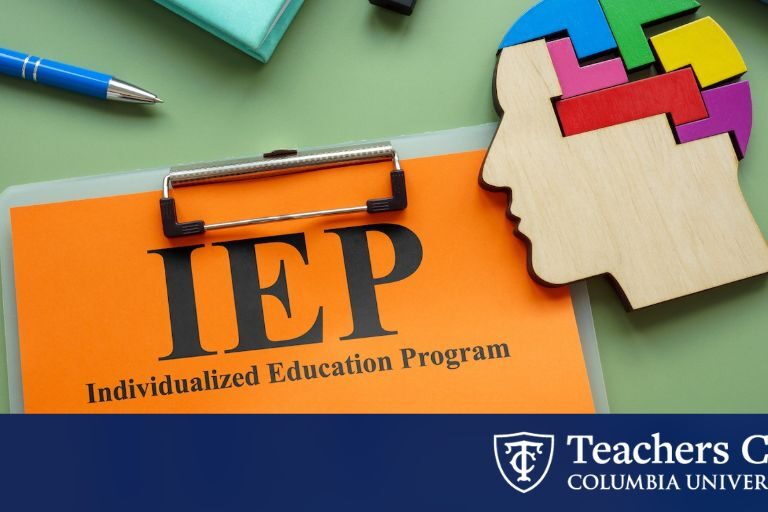As 85 percent of K-12 schools report difficulties hiring teachers, federal advisors on Capitol Hill turned to TC’s Amanda Levin Mazin to help explain the shortage’s particularly intense impacts on students with disabilities during a briefing in Washington, D.C., on Nov. 15.
“Teacher issues are student issues,” Mazin told the U.S. Commission on Civil Rights, an independent and federal fact-finding agency. “Quality special education teacher preparation and support in the classroom can change outcomes for students with disabilities.”
Amanda Levin Mazin, Senior Lecturer of Intellectual Disability/Autism (Photo courtesy of Mazin)
Created by the Civil Rights Act of 1957, the Commission investigates and reports on issues of discrimination based on race, gender identity or disability, providing recommendations to Congress to ensure federal civil rights laws are enforced. Testimony from Mazin and other experts will inform the Commission’s future report on the current state of special education for lawmakers and policy advocates. The uncertain future of the Department of Education, which houses the Office for Civil Rights, posed by President-elect Trump and his choice of Linda McMahon as Secretary of Education created a sense of urgency for those who spoke at the briefing.
Read Mazin’s full testimony here.
“Education is fundamental for every child and it’s our duty to ensure that students with disabilities are not only included but empowered within our educational system,” said Stephen Gilchrist, lead commissioner on the report.
A scholar who has spent more than 20 years providing special education teachers with the skills and tools they need to be self-sufficient and avoid burnout, Mazin is deeply familiar with the difficulties teachers and schools are facing at this moment. High attrition rates mean that nearly nine in 10 teachers hired each year are replacing a colleague who left the profession by choice, and largely before retirement, with under certified educators often filling the gaps. Additionally, flagging interest in the field has led to smaller pipelines, meaning even as states pass well-meaning initiatives, such as limiting class sizes, there simply aren’t enough teachers to ensure compliance.
“Initiatives aimed at providing more learning opportunities for students with disabilities cannot be fulfilled because most, if not all, rely on increasing the number of special education teachers,” explained Mazin.
As far as the importance of the Department of Education, Mazin expressed concern about a reduction in incentives to join the special education profession, as the DOE can distribute grants to support teacher recruitment and retention. “To make a meaningful difference in the landscape of teacher education and positive outcomes for students with disabilities, there needs to be a substantial commitment to teaching and schools,” said Mazin. “This starts with funding teacher preparation.”
Published Tuesday, Nov 26, 2024

